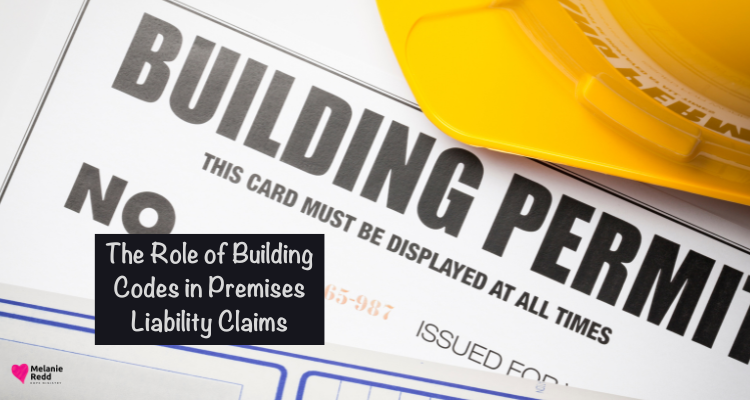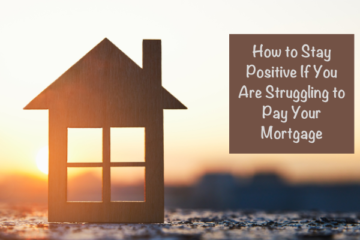The Role of Building Codes in Premises Liability Claims

The Role of Building Codes in Premises Liability Claims
Premises liability is a critical area of law in a dynamic city like Las Vegas, where millions of tourists and locals frequent casinos, hotels, and entertainment venues daily. When someone is injured on another person’s property, understanding the role of building codes in premises liability claims becomes essential.
Indeed, building codes are designed to ensure safety by setting strict standards for construction and maintenance, covering everything from structural integrity to fire safety. In a city like Las Vegas, where the sheer scale and variety of properties are unmatched, adherence to these codes is paramount. You can click here for detailed guidance on building codes and premises liability law.
Also, property owners must maintain their establishments according to these standards. It’s true–failure to do so can lead to severe legal consequences if an injury occurs due to non-compliance. Whether it’s a slip-and-fall in a casino, inadequate fire safety measures in a hotel, or a construction defect in a shopping mall, building codes play a pivotal role in determining liability.
Thus, this article explores how building codes impact premises liability claims, emphasizing the importance of compliance in a city where safety and entertainment intersect at every corner. Understanding these codes is vital for both property owners and those seeking compensation for injuries sustained in Las Vegas.
The Role of Building Codes
First, building codes are established primarily for safety purposes. They ensure that buildings are built and kept in a way that reduces the risk of accidents or injuries to those inside or visiting. Also, these regulations cover areas like ventilation systems, fire safety measures, plumbing standards, structural integrity, accessibility requirements, and more.
Promoting Safety
Second, building codes are essential for creating safe environments within properties. By enforcing safety standards, these codes help prevent accidents and injuries on the premises.
For instance, they mandate the presence of handrails on staircases to prevent falls and require ramps for entry by individuals with disabilities. By following these regulations, property owners can show they are taking care to keep their premises safe for visitors.
Responsibilities of Property Owners
Third, property owners are legally obligated to maintain their properties in line with building codes. Failing to do so can lead to them being held accountable if someone is injured due to building code violations. Whether it’s inadequate fire safety measures or not promptly addressing maintenance issues, property owners could face severe legal repercussions.
Proving Negligence
Fourth, in cases of premises liability where building code violations are claimed to have contributed to an injury, proving negligence is essential. The injured party must demonstrate the following:
- A violation of a building code occurred.
- The violation directly caused or played a role in their injury.
- The property owner was responsible for complying with building codes.
- The property owner’s failure to meet their obligations resulted in the injury.
Expert Testimony
Fifth, expert witnesses are crucial in premises liability cases involving building code violations as they can explain the technical aspects related to the codes. Also, these professionals have in-depth knowledge of the codes, how they apply, and their relevance to a situation. Even more, their insights help determine whether building code breaches were a factor in the accident and resulting injuries.
Legal Implications
Sixth, the legal implications of building codes are significant in premises liability cases, benefiting both plaintiffs and defendants. Plaintiffs can strengthen their case by demonstrating code violations with expert testimony, increasing their chances of obtaining the due compensation for injuries. On the other hand, defendants may seek to downplay violations or argue that they were not negligent or that the violation did not play a role in the incident. Both sides often turn to experts who are well-versed in building codes to present compelling arguments.
Compensation and Damages
Finally, in cases where negligence is proven through building code violations, the injured party may be eligible for compensation and damages. This can cover expenses such as future medical costs, lost wages or potential earnings, pain and suffering, emotional distress, rehabilitation expenses, and more. Compensation aims to assist victims in recovering from accidents caused by others’ failure to adhere to building codes.
Conclusion
Truly, building codes hold an important position in premises liability claims by setting minimum safety standards for properties. They act as a reference point in determining whether property owners were negligent in maintaining safe conditions for visitors or occupants. By ensuring compliance with these codes, property owners can prioritize safety while reducing the risks associated with injuries resulting from non-compliance.
In cases where property owners are accused of violating building codes, expert witnesses play a major role in explaining how negligence affects personal injury claims. Building codes are essential for ensuring safety and addressing accident risks. Understanding the importance of building codes helps both parties involved in premises liability cases navigate their responsibilities and rights effectively.
Were you encouraged by what you read?
Then, would you share this article with a friend, co-worker, or family member?
Or, maybe you can send it to a friend or family member?
This blog occasionally uses affiliate links and may contain affiliate links.
Additionally, Melanie Redd is a participant in the Amazon Services LLC Associates Program.
This is an affiliate advertising program designed to provide a means for sites to earn advertising fees. These are earned by advertising and linking to amazon.com.
Also, for more on my disclosure policy, click HERE.
© Melanie Redd and Hope Ministry, 2024. Unauthorized use and/or duplication of this material without express and written permission from this blog’s author and/or owner is strictly prohibited.
Further, excerpts and links may be used, provided that full and clear credit is given to Melanie Redd and Hope Ministry.
Please give appropriate and specific directions to the original content.



0 Comments